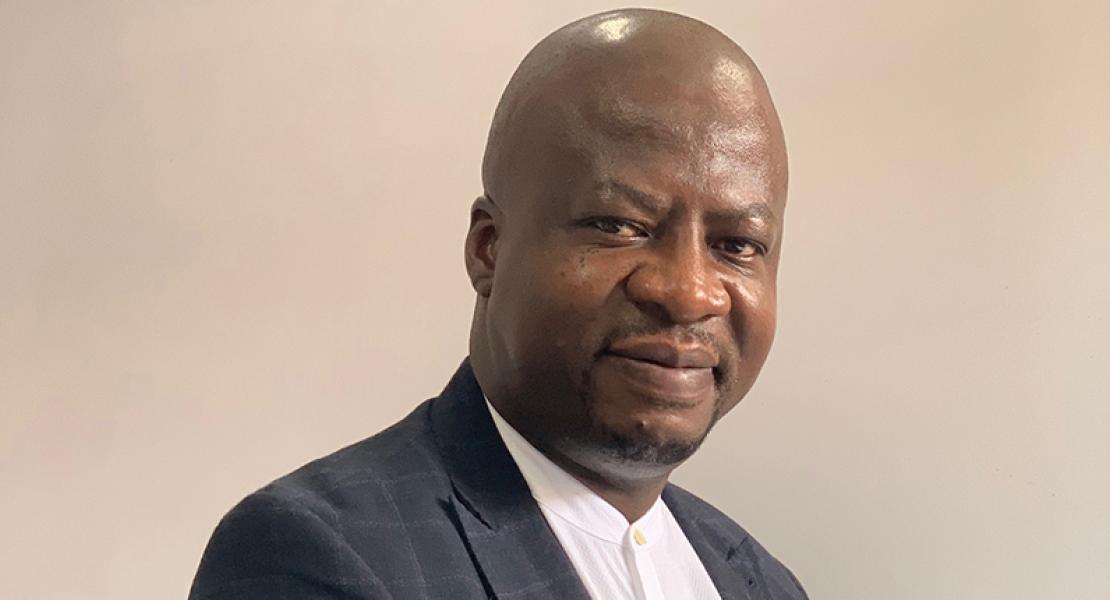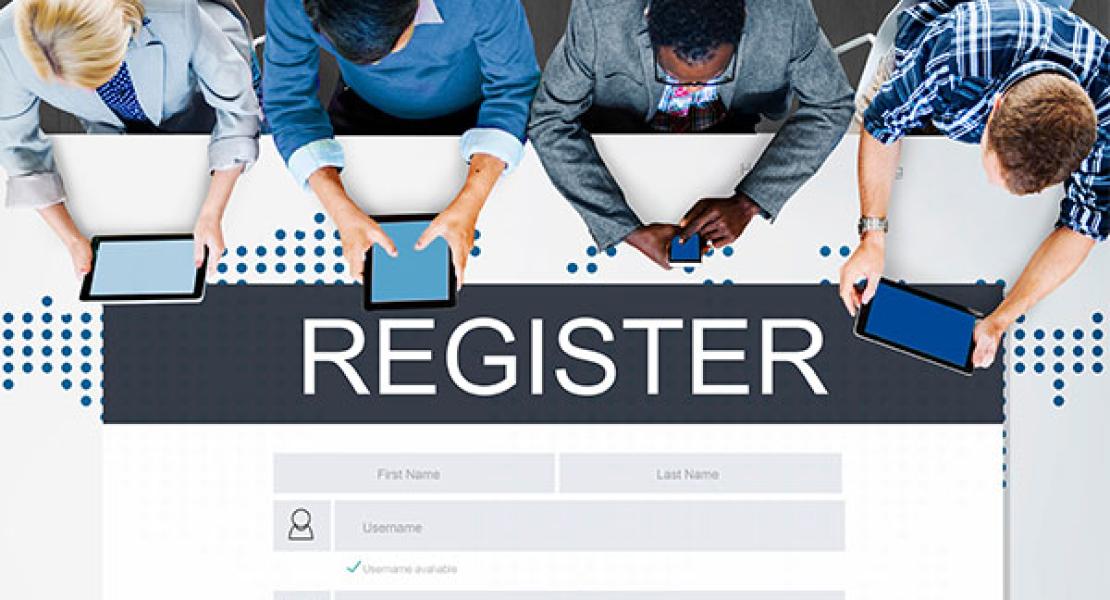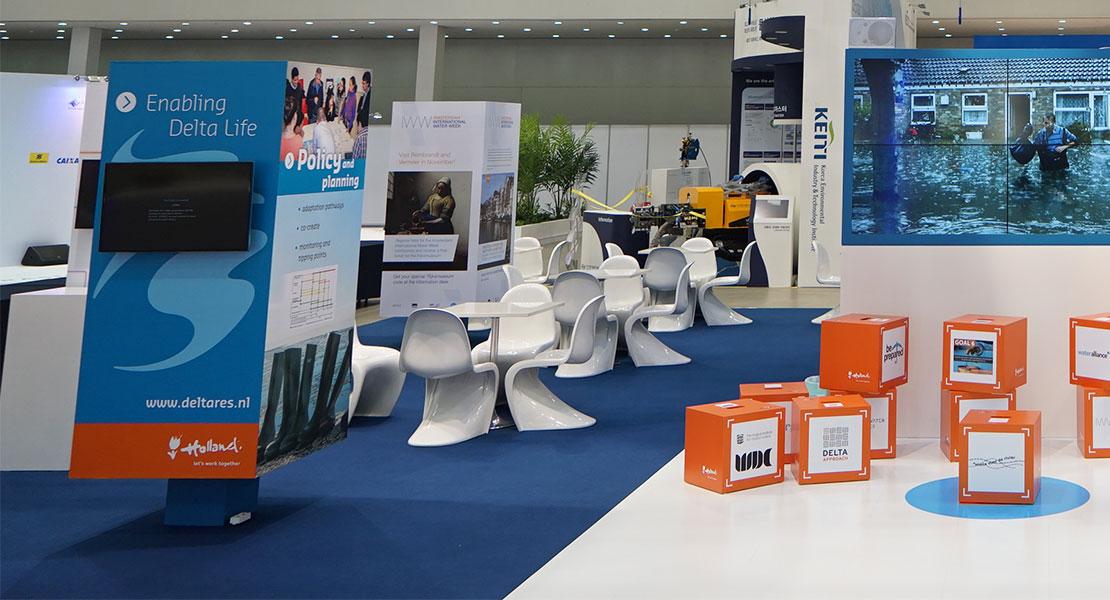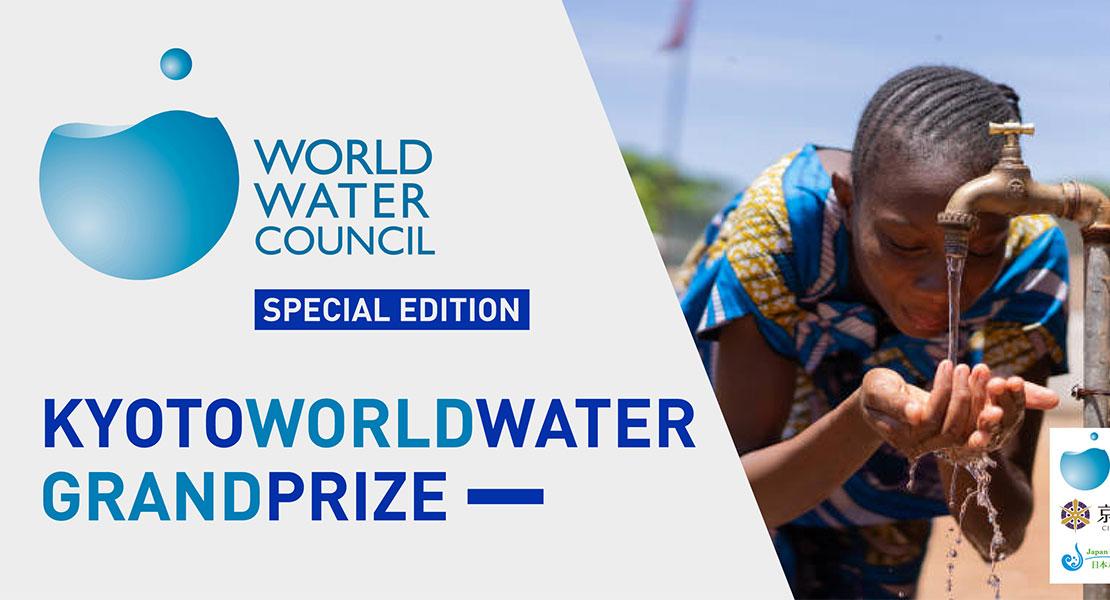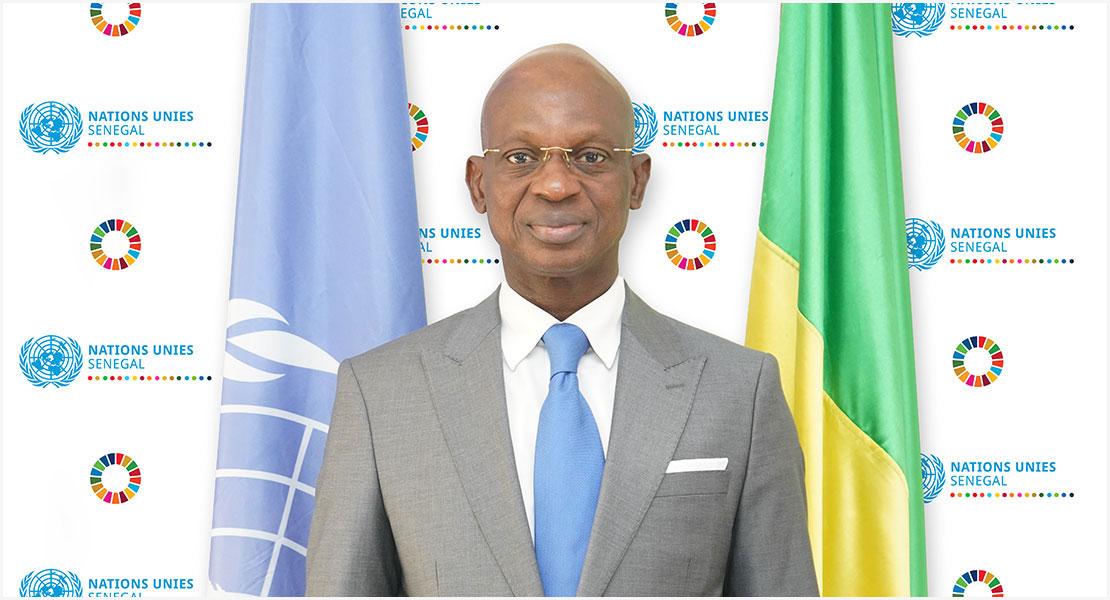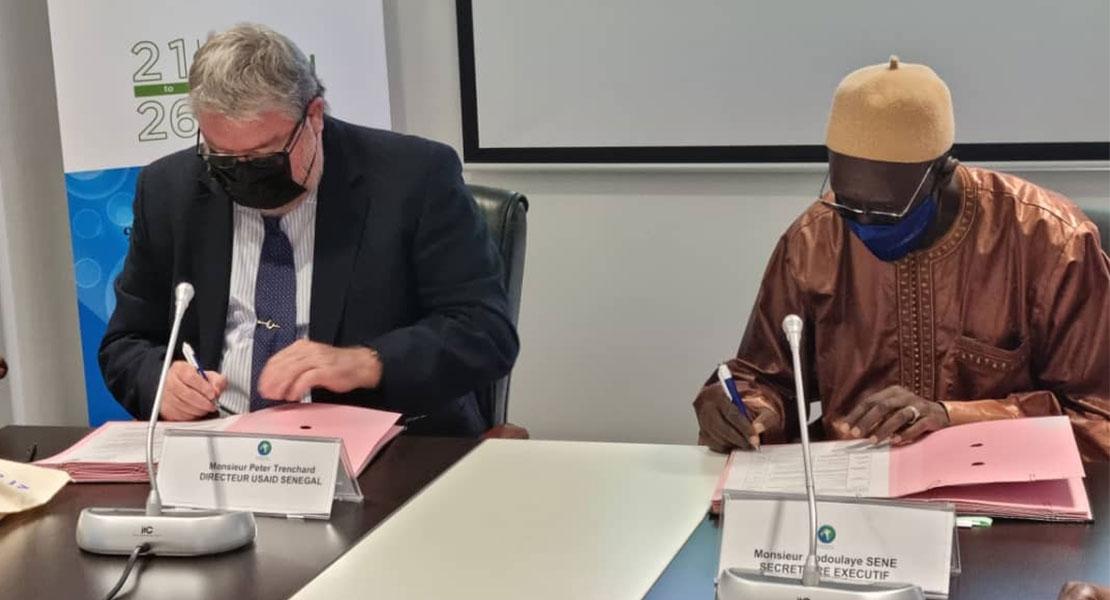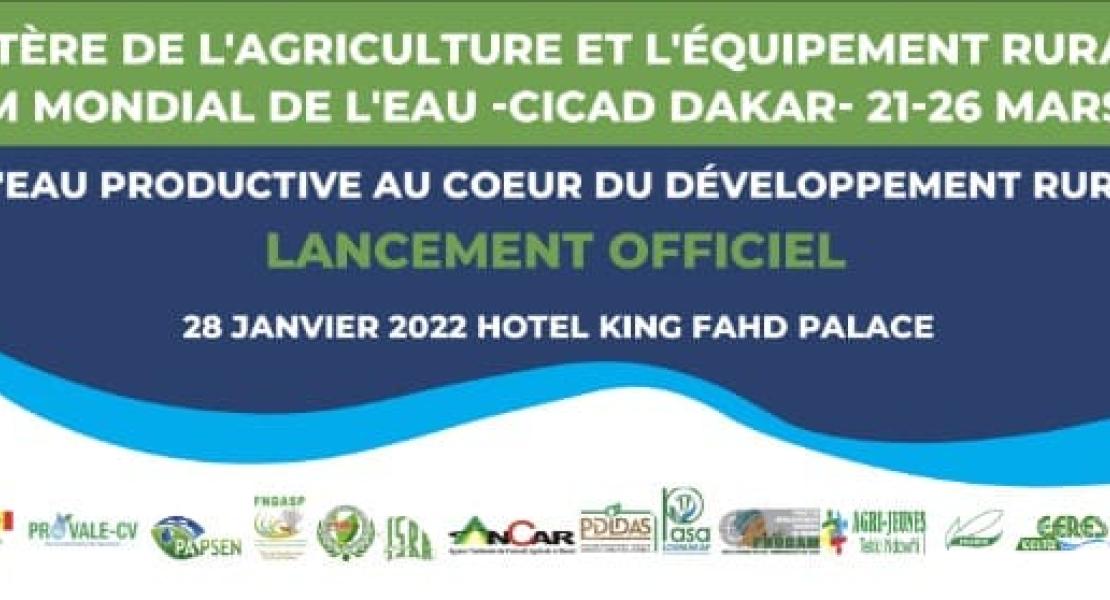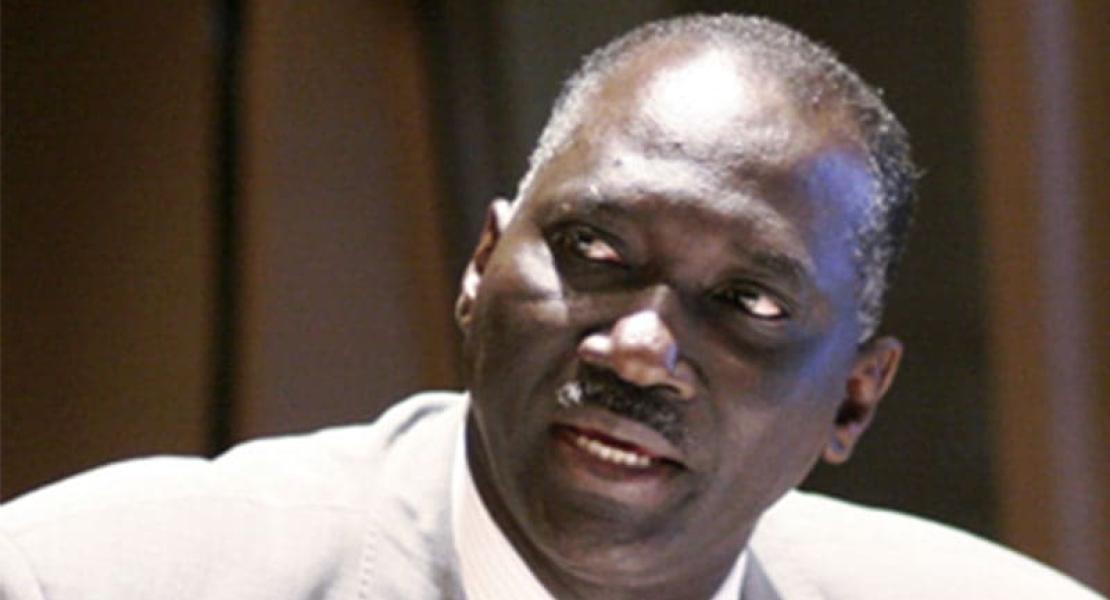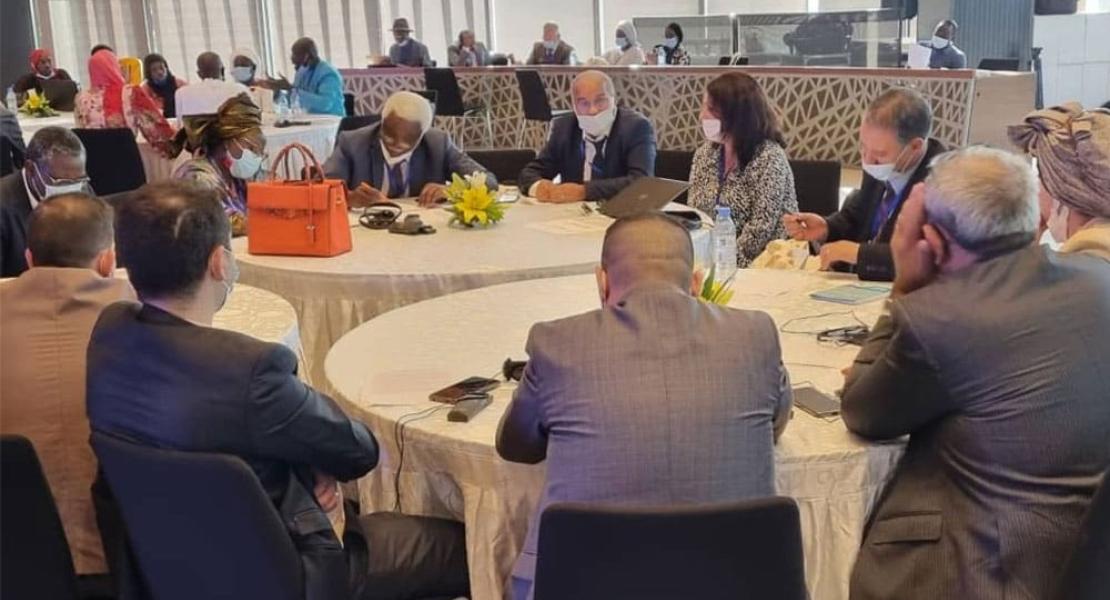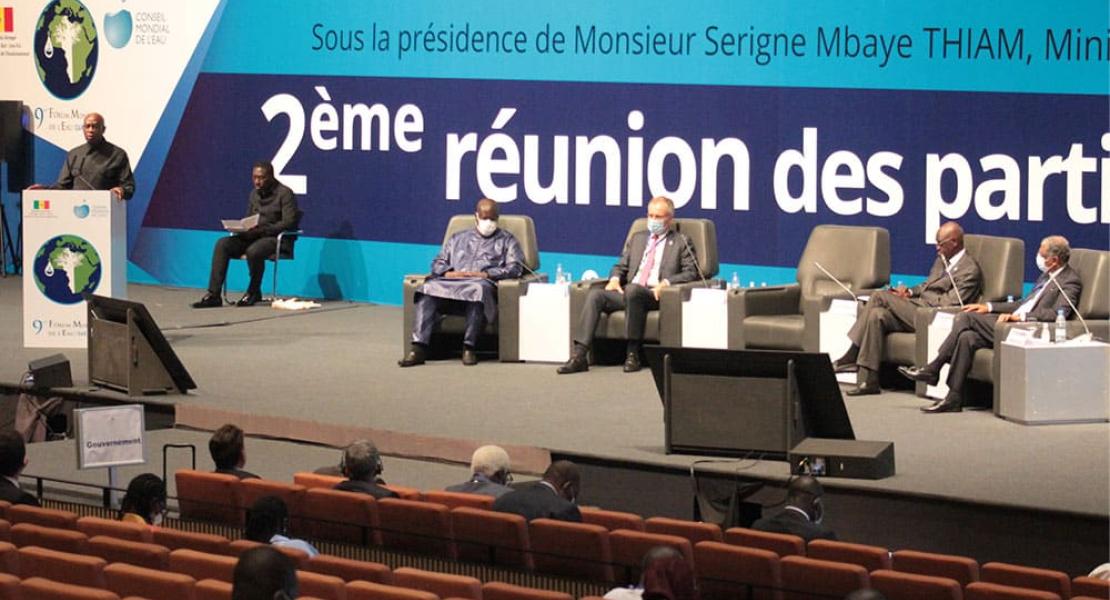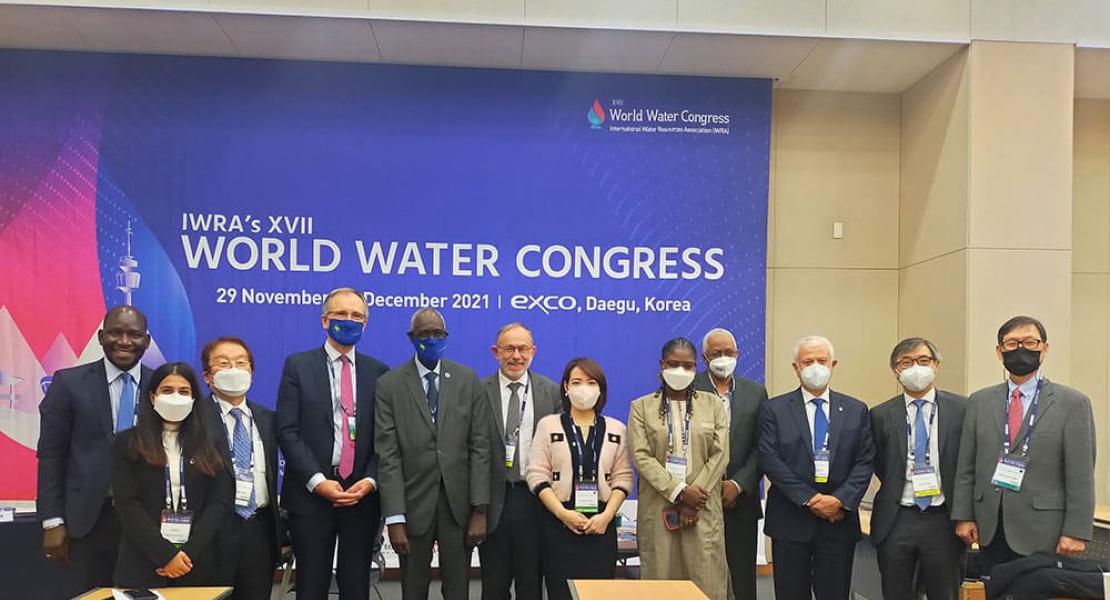By Richard Kinkpe, Coordinator of GIC 21
The World Water Forum is an event of high historical significance for Senegal's water and sanitation executives. It is indeed a unique Forum in the sense that it will be the first time that such a global event is organised in sub-Saharan Africa and the second time in Africa, almost a quarter of a century after the edition held in Morocco in 1997.
This Forum is set to be a decisive turning point in all respects and to mark the history of water in the world, both in its approach and in its objectives symbolised by the slogan "Forum of Responses" and the launch of the Dakar 2021 Initiative. It aims to be a precursor of innovative projects whose implementation could significantly impact the large-scale well-being of the beneficiary communities and accelerate the achievement of the Sustainable Development Goals (SDGs) by 2030.
The political dimension also means that the Forum will encourage greater involvement of the various institutional powers in defining the sector's major orientations. This broad involvement will not only boost the sector's access to services, but will also strengthen the working conditions of the various actors in the water and sanitation sector.
I must point out that we fully share the issues and problems associated with the central theme "Water security for peace and development", which is reflected in the four priorities associated with the 23 themes selected by the Forum ; this motivates us to contribute to the success of this event. Aware of the major stakes involved in holding this important event in Senegal, the sector's executives have set up a structure called the Initiative Group for the Contribution of Executives in the Water and Sanitation Sector to the 2021 World Water Forum (GIC 21), in order to better organise and structure their intervention in the Forum.
This intervention is articulated around four axes:
- Ensure effective participation of national expertise ;
- Guarantee the relevance of the answers and scientific contributions that will be proposed by the actors of the sector, in relation to the orientations of the Forum;
- Commit to actively participate in the process of implementing the responses that will be provided, in collaboration with all the actors in the sector;
- Elaborate a joint roadmap with the Executive Secretariat to carry out a set of activities for the promotion and popularisation of the Forum.
The women and youth networks are also taken into account since, beyond the scientific contributions that we are carrying, the aspects related to these networks will be proposed to be integrated in all the project ideas that will be submitted to the Forum's consultative groups. Various activities, carried out in collaboration with the Executive Secretariat of the Forum, will undoubtedly contribute to the effective preparation of the work of the consultative groups, in which the members of GIC 21 intend to participate very actively.
It is essentially a question of finding relevant, innovative and sustainable responses to the problems of access to quality water and sanitation services throughout the world and more particularly in Africa, where the problems of population growth, urbanisation, climate change, energy deficit and low investment financing are more acute.
In the particular case of Senegal, after the recent reform of rural hydraulics and a second one started just a few months ago for urban hydraulics, we expect this Forum to provide viable solutions to accompany the ongoing reforms and, above all, to propose sustainable governance tools to guarantee a better future for the sector.
During the Forum, we hope that the different actors and particularly the decision-makers will act, at all levels, to concretise their commitments through the effective and continuous mobilisation of resources guaranteeing the implementation of conditions favourable to the well-being and development of current and future generations.

